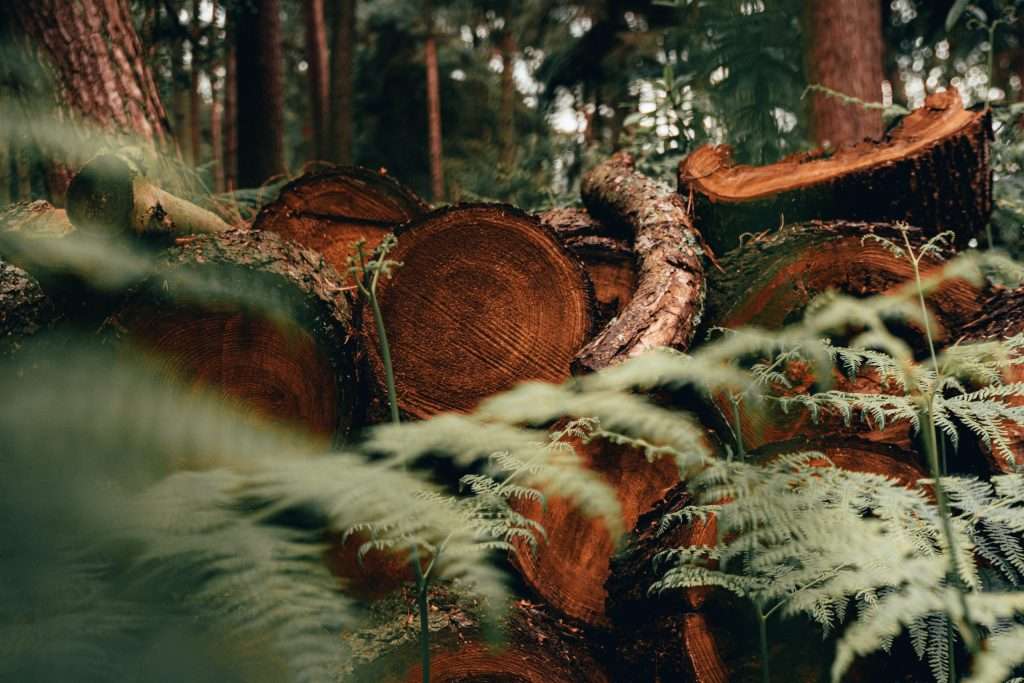Orcas attacking boats is just the tip of the wildlife mental health crisis.
“I [first] noticed a fin, then a light bump,” Iain Hamilton, a British sailor whose boat was recently attacked by a pod of orcas off the coast of Gibraltar, told BBC Radio 4. “Then [there was] a very big bump. I looked around and there was a very large whale pushing along the back and trying to bite the rudder.”
The experience — which eventually saw five whales manage to remove one of the boat’s rudders — left Hamilton and his crew marooned for several days. “The whales were in charge of the boat,” he recalled of the attack. “They pushed us around like a rag doll.”
The incident isn’t unique — the number of orca attacks happening in the Straits of Gibraltar has been increasing for the past three years. Three boats have sunk, and more than 250 have been damaged.
But while captive orcas have hurt (and killed) humans before, attacks on people and boats in the wild are very rare. Or, at least, they used to be. So what happened? It’s trauma, according to experts.
Why wild orcas might be displaying signs of trauma, previously seen in captivity
After Tilikum, a captive orca at SeaWorld, killed trainer Dawn Brancheau in 2010 (an incident that was covered in depth in the 2013 documentary Blackfish), many former workers and experts hypothesized that the animal — who was captured from the wild in the 1970s and forced to spend his life performing in tanks — had engaged in aggressive and deadly behavior as a result of post-traumatic stress disorder (PTSD).
Some have speculated that the recent wild orca attacks could stem from a similar reason. After a whale named White Gladis collided with a boat a few years ago, she was likely in agony. Now, she may be teaching others, either directly or indirectly, to get revenge.

“That traumatized orca is the one that started this behavior of physical contact with boats,” Dr. Alfredo López Fernandez of the Grupo Trabaja Orca Atlántica (Atlantic Orca Working Group) told Live Science. “We do not interpret that the orcas are teaching the young, although the behavior has spread to the young vertically, simply by imitation, and later horizontally among them, because they consider it something important in their lives.”
But while orca attacks on boats are undeniably scary, vessels are a far bigger threat to whales than vice versa.
In 2021, research by Friend of the Sea found that around 20,000 whales are killed by ship strikes every single year. And that’s not the only threat they face. Some estimates suggest that every year, around 300,000 whales, dolphins, and porpoises die after becoming entangled in ocean plastic pollution, much of which is leftover gear from fishing boats.
According to Fernandez, facts like this “has to make us reflect on the fact that human activities are at the origin of this behavior,” he told the Guardian.
Humans are stressing out animals by destroying the environment
It’s no secret that humans are a physical threat to animals. Human-driven loss of habitat, through deforestation, and exploitation, through activities like hunting and overfishing, have driven many species to the brink.
But are we pushing them to breaking point mentally, too? Perhaps, research suggests. Aside from the above, there have been a few studies that indicate humans are causing animals a significant amount of stress and anxiety.

For example, one paper published in 2021 revealed that “deforestation is stressing mammals out.” To come up with their conclusion, researchers compared glucocorticoid stress hormones from rodents and marsupials in small, deforested patches of forest with those in larger patches, and founder higher levels in the former.
“We suspected that organisms in deforested areas would show higher levels of stress than animals in more pristine forests, and we found evidence that that’s true,” said co-author Noé de la Sancha.
They added: “The tropics hold the highest diversity of organisms on the planet. Therefore, this has the potential to impact the largest variety of living organisms on the planet, as more and more deforestation is happening. We’re gonna see individuals and populations that tend to show higher levels of stress.”
Further evidence that human activity is stressing out animals comes from the Fort Carson Army Base, where, according to one study, the low-flying, loud aircraft are causing Colorado checkered whiptail lizards’ cortisol levels to rise, resulting in them engaging in stressed and anxious behaviors, like eating more and moving less.
When it comes to stress and anxiety, humans are also suffering
Human activity isn’t just stressing out animals; it’s also having a profound impact on us, too.
As human-driven emissions rise and extreme weather events become more frequent and common, people are paying the price. And not just with our physical health, but with our mental health, too.

According to one study, more than one-quarter of Americans say they are very worried about the climate crisis. And in 2021, another survey found that in Great Britain, around 75 percent of adults are feeling anxious about the planet.
Alone, we cannot solve the world’s environmental problems and provide relief for ourselves and the animals. But by engaging in simple, sustainable lifestyle changes and swaps, together, we can make a difference.
To feel empowered about some of the small changes you can make, find our guides to eco-living here.
Related on Ethos:


